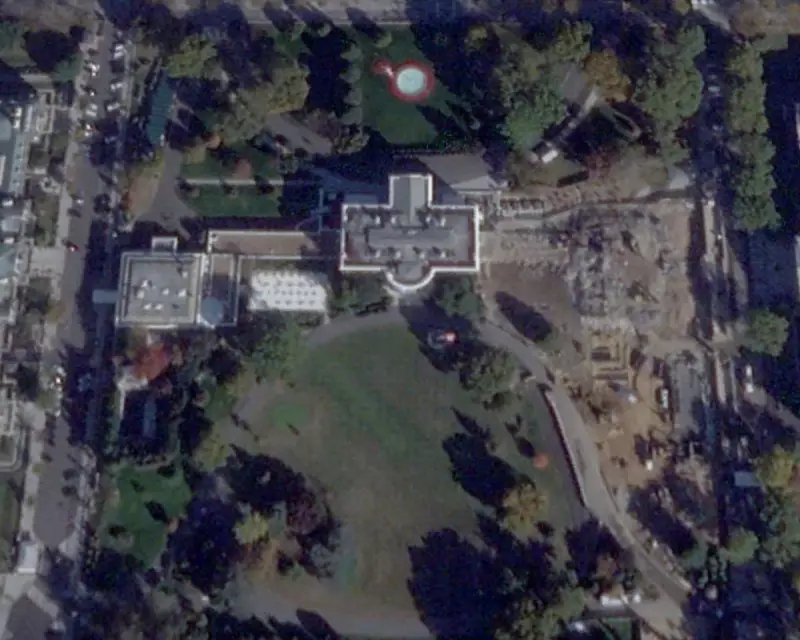
Fresh polling data has revealed a striking level of public discontent with the operations of Donald Trump's East Wing, casting a shadow over the former president's political comeback efforts.
According to comprehensive research conducted by the Guardian, a clear majority of American voters have expressed disapproval of the controversial East Wing's activities and influence within the current administration.
Public Sentiment Turns Against Presidential Operations
The survey results paint a concerning picture for the Trump camp, with disapproval ratings reaching significant levels across key demographic groups. The data suggests that what was intended to be a strategic power base may instead be becoming a political liability.
Political analysts note that the East Wing's operations have drawn particular scrutiny for their unconventional structure and the level of access granted to certain advisors and family members.
Transparency Concerns Fuel Public Skepticism
Experts point to several factors driving the negative public perception, including questions about transparency and concerns over the blurring of lines between official government business and personal political interests.
The polling data reveals:
- Substantial disapproval across multiple age groups
- Concerns about decision-making processes
- Questions about accountability mechanisms
- Worries about the concentration of power
Political Implications for Upcoming Elections
This growing public skepticism could have significant ramifications for the political landscape as the nation moves closer to the next election cycle. The East Wing's operations have become a focal point for critics who argue they represent a departure from traditional governance norms.
As the administration continues to defend its approach, these polling numbers suggest they may face an uphill battle in convincing the American public of the East Wing's effectiveness and propriety.
The persistent negative ratings indicate that what happens in the East Wing corridors may not stay there—instead reverberating through the broader political conversation and potentially influencing voter behaviour in crucial upcoming contests.





